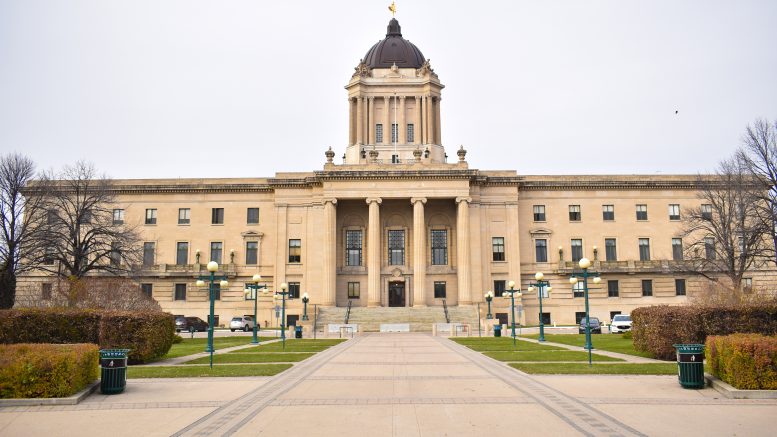The Manitoba government released details of its budget last Tuesday, including the allocation of $43 million “to support post-secondary students training for their careers,” as well as funding increases for Manitoba Student Aid, scholarships and bursaries. The province will also open over 40 new child-care facilities located in schools and post-secondary institutions.
UMSU president Tracy Karuhogo said the recently elected NDP government has been receptive to consultation with the student union.
“We have a really good relationship with Minister Cable and that I think has really shown in terms of the work that we’ve been doing,” Karuhogo said.
She said she was disappointed that the NDP has not yet reinstated international students’ health care, however.
“We are still hopeful and still continuing those conversations, but we are still happy to see that at least some of the asks that we requested are actually being fulfilled,” Karuhogo said.
The increase in funding will include $26.6 million to train more medical doctors, $1 million to Red River College Polytech’s Interdisciplinary Health and Community Services Simulation Centre — an initiative to increase the number of health care professionals in the province — an increase of $1.5 million for apprenticeship programs and an additional $1 million for adult learning, the first funding increase for adult learning since 2016.
In a statement released last Wednesday, the Manitoba Organization of Faculty Associations (MOFA) welcomed the increased investment but said it did not address “years of neglect of the post-secondary sector by consecutive governments.”
MOFA criticized the province for failing to provide “stable, multi-year funding” for universities to plan for their future, as well as what the association called its “focus on connecting post-secondary education investments to labour market needs.”
“Our government is committed to providing stable and predictable funding that will ensure institutions have the resources required to deliver high quality education,” Minister of Advanced Education and Training Renée Cable said in a written statement to the Manitoban.
“We are increasing operating funding after the former government made cuts year after year.”
Patrick Noel, vice president of MOFA, said the new budget is better than “the drought years of the Tory government,” but that MOFA was hoping to see initiatives like a five-year plan that would help provide stability to universities.
“You can add funding into education or to nursing or to more ‘job-oriented programs,’ but a real strong university system that benefits all society requires funding across all programs,” he said.
The government will also increase funding to Research Manitoba by $250,000.
Manitoba Student Aid will receive $9 million in additional funding and increased staff and resources to ensure applications are processed quickly and effectively. Students have faced delays and communication issues with the agency for years.
“We’ve been advocating for the Manitoba Student Aid increase and advocating for more staff because so many students were saying they were trying to call and they don’t hear back and it’s such a long process,” Karuhogo said.
“Just being able to see that some of the work through our conversations has really come to fruition has been really good, and I hope that it shows the students that we’ve definitely been taking the work seriously and advocating for that.”
The budget also allocates $10.5 million to the Manitoba Scholarship and Bursary Initiative, which will be used to fund “an increase in the number and value of awards for Indigenous students and others facing financial barriers to post-secondary education.”


